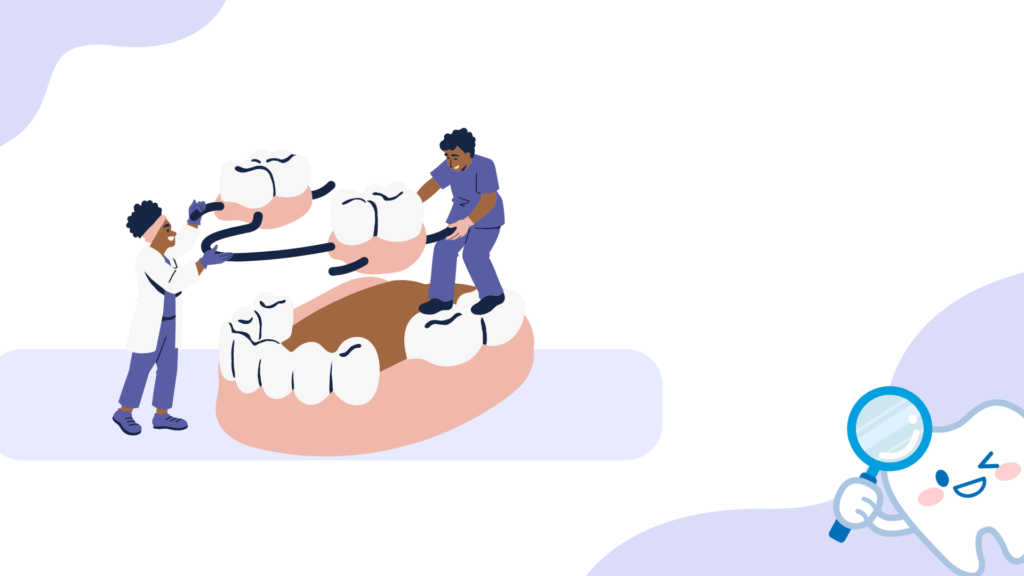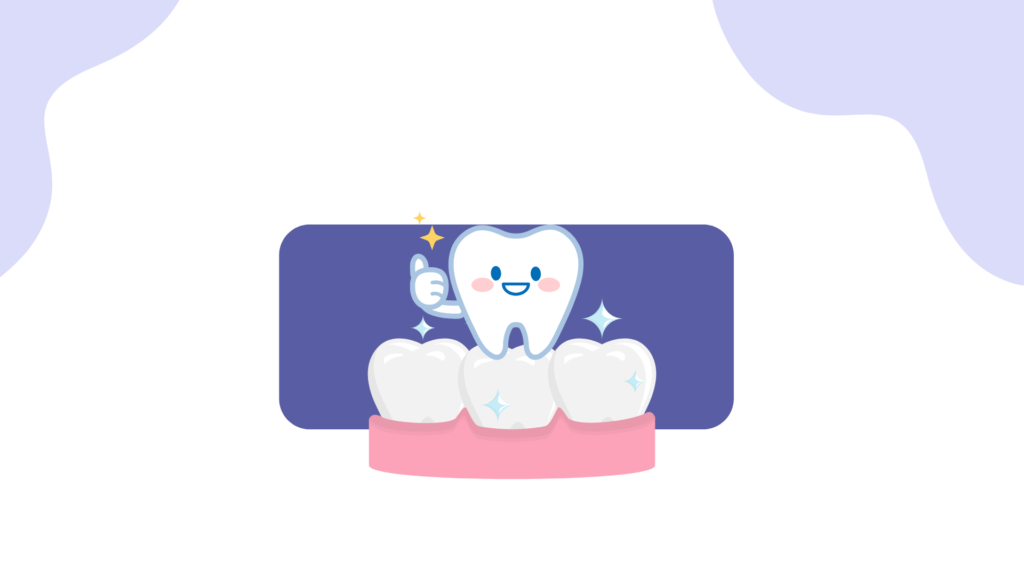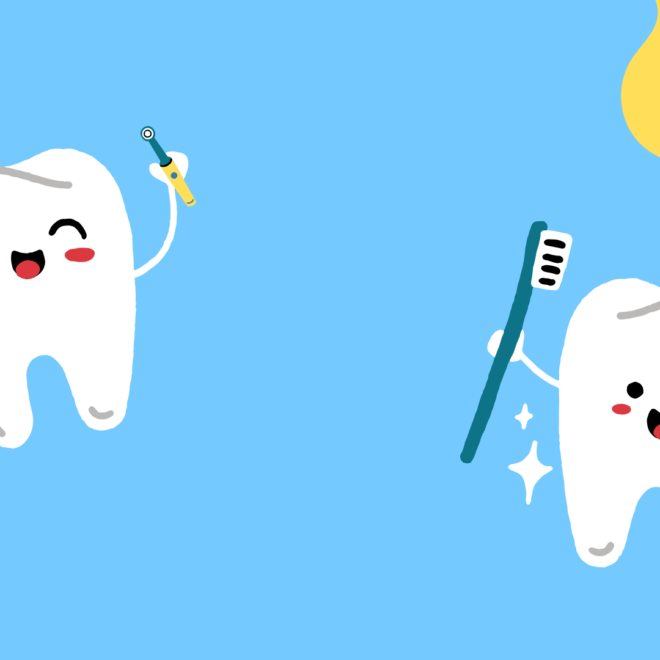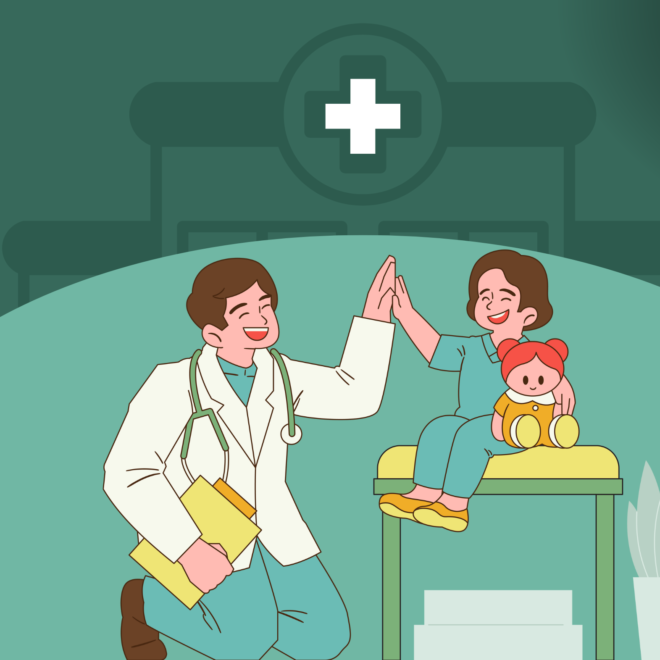|
Getting your Trinity Audio player ready...
|
Taking care of your teeth is essential for maintaining good oral health and preventing problems like cavities and gum disease. Here’s why it’s important and how you can keep your teeth and gums healthy:
Why Is Taking Care of My Teeth Important?
Good dental hygiene helps prevent cavities and gum disease. When you clean your teeth, you remove plaque, a sticky, clear film made of bacteria that clings to your teeth. If plaque isn’t removed, it can harden and lead to cavities (holes in your teeth) and gum disease. Brushing and flossing daily are the best ways to keep plaque under control and maintain healthy teeth and gums.
How Do I Get Rid of Plaque?
The key to removing plaque is brushing and flossing regularly. Dentists recommend brushing your teeth twice a day with fluoride toothpaste and flossing once a day. This routine not only keeps your teeth clean but also protects your gums.

What’s the Right Way to Brush My Teeth?
Brush your teeth for at least 2 minutes each time. Here are some tips for effective brushing:
- Use short, gentle strokes. Avoid brushing too hard, as this can damage your gums.
- Brush all surfaces of your teeth: the outside, inside, and chewing surfaces.
- Gently brush your tongue to remove bacteria and keep your breath fresh.
- Use a timer or play a song to make sure you brush for the full 2 minutes. Some electric toothbrushes have built-in timers to help.
- Spit out the toothpaste after brushing, but don’t rinse your mouth with water right away. This allows the fluoride to stay on your teeth longer and protect them.

What About Flossing?
Flossing removes plaque and food particles stuck between your teeth and near your gums. Here’s how to floss properly:
- Cut a piece of floss about 18 inches long.
- Wrap it around your middle fingers, leaving about 1 inch of floss between your hands.
- Gently slide the floss between two teeth.
- Hold the floss tightly against one tooth and move it up and down gently. Avoid forcing it into your gums.
- Repeat these steps for all your teeth.
Flossing takes practice, but it gets easier over time. If traditional floss is tricky, ask your dentist about flossers or other tools that can make the process simpler.
How Else Can I Keep My Teeth Healthy?
What you eat and when you eat it can also affect your dental health. Sugar is a major cause of tooth decay because the bacteria in plaque break down sugar into acids that damage your teeth. Here are some tips:
- Brush after eating: If you can’t brush, rinse your mouth with water or mouthwash, or chew sugarless gum.
- Avoid sugary snacks between meals: If you do eat sugary foods, have them with meals, as your mouth produces more saliva during meals, which helps wash away sugar and bacteria.
- Limit sugary foods and drinks: Cut back on candy, soda, and juice.
- Choose healthier snacks: Opt for cheese, popcorn, raw veggies, or yogurt instead of sugary treats.
When Should I Go to the Dentist?
Most kids should visit the dentist every 3 to 12 months for a checkup and cleaning. Regular dental visits help prevent cavities, gum disease, and other oral health issues. If you experience tooth pain, notice changes in your teeth, gums, or jaw, or have any concerns, let a parent know so you can see the dentist sooner.
By brushing, flossing, eating wisely, and visiting the dentist regularly, you can keep your teeth healthy and your smile bright!



